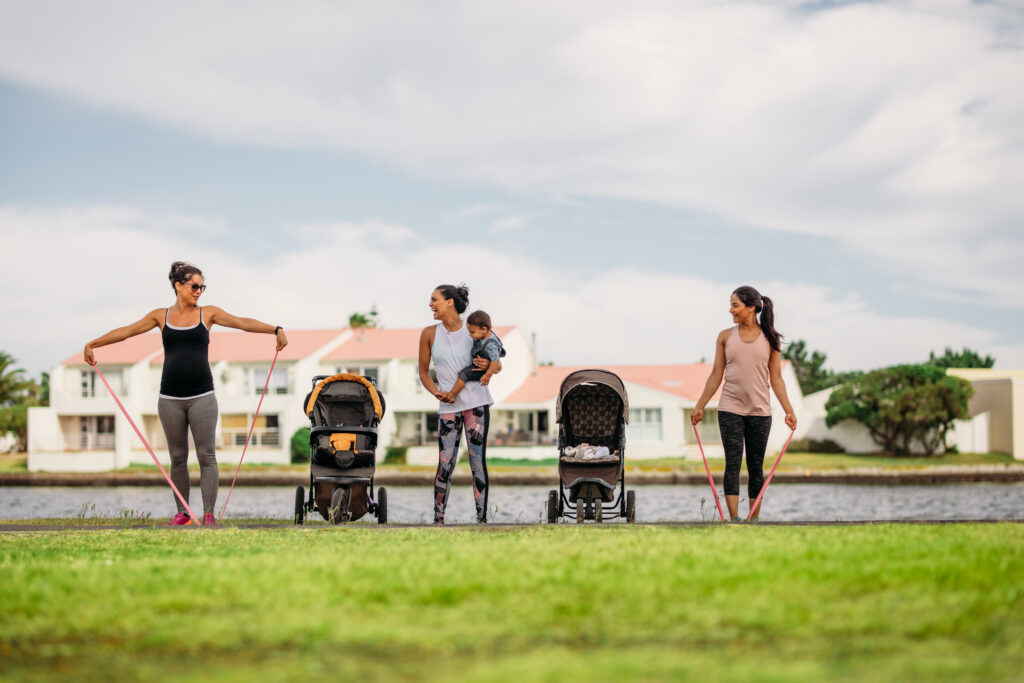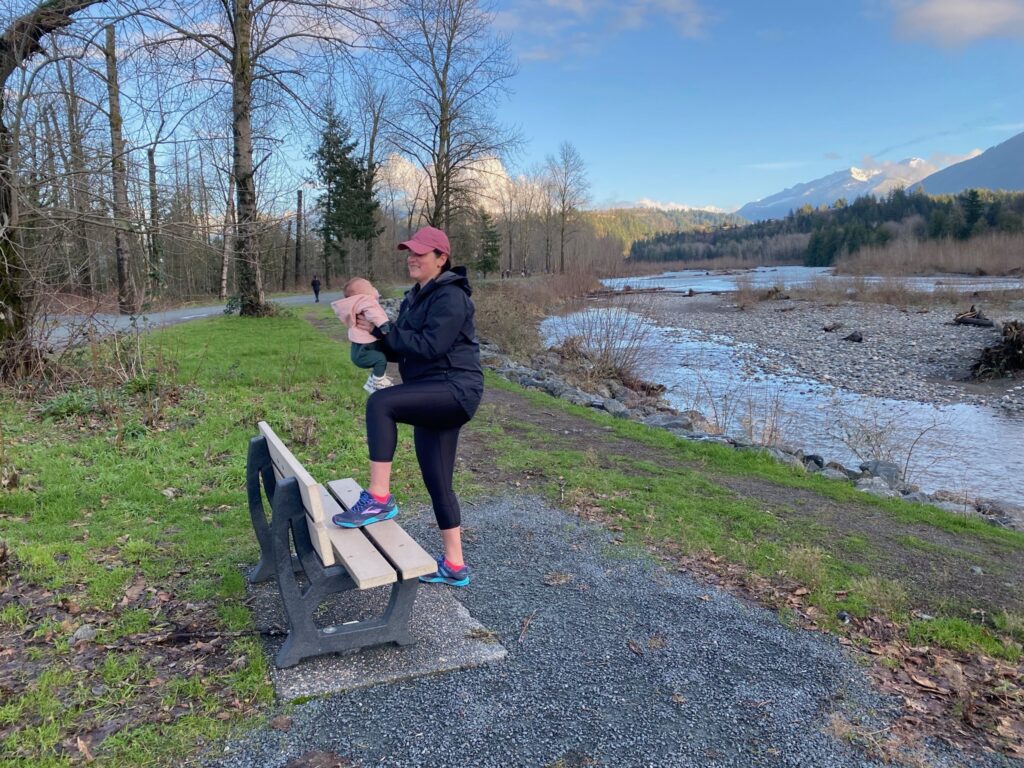Supporting mental health in elite athletes
For athletes, mental health can be as important as physical health. Australian researchers encourage sport organizations to use a three-pronged approach to supporting high performance athletes by equipping athletes with skills to manage distress, training coaches to recognize mental health concerns, and working with skilled mental health professionals when needed.
Military family support
As sport professionals, part of our support for military personnel often includes considering types of sport programming that may promote physical and mental recovery following service-related illness and injury. But military families are often overlooked. Integrating military family programming and support into sport program delivery is one way to support the healing and recovery of…
The active mom
Kids don’t have to be the only ones getting active during their organized sport activities. Training sessions provide an ideal time for moms to get active too! Creating opportunities for parents to engage in individual or group exercise during their children’s sport practices is one way sport programs can enhance sport moms’ physical and mental…
Self-compassion in sport
Self-compassion requires an awareness of personal suffering and a desire to help oneself through an emotionally difficult time. Based on the research, self-compassion has three main components: self-kindness, common humanity, and mindfulness.
From one mom to another: Tips for being active after welcoming a new baby

Becoming a mother is an exciting milestone in a woman’s life. Once you welcome home a baby, nothing is ever the same again. While the transition to motherhood comes with many ups and downs, engaging in physical activity is a great way for new moms to protect their physical and mental health. For more information,…
Returning to exercise postpartum: Supporting women’s physical activity after the birth of a child
This article was originally published by The Conversation on March 20, 2022 The birth of a child is a momentous occasion in a woman’s life. It may also be one of the most challenging transitions that women face, requiring adaptation to identity and role while undergoing a unique physiological transformation. Physical activity after recovery from birth…
How reflecting can reinvest in mental health
Taking time to reflect on growth experienced during a sport season is a great way for student-athletes to reinvest in their mental health. In addition to setting goals for the future, athletes should take time to think about and celebrate how they’ve improved or what they’ve achieved. Coaches can help athletes reflect on their growth…
Moving women forward: A guide to becoming physically active after childbirth

The postpartum transition (from childbirth to one-year postpartum) is among the most challenging identity shifts a woman faces. She’s navigating mental and physical health changes, while caring for an infant (Deave et al., 2008). Despite knowing this challenge exists, women have limited supports available to assist with their postpartum transition. That leaves many women disoriented…
Active transportation
Research shows that active transportation, such as walking, wheeling or cycling to get to and from places, is associated with improved physical and mental health. But only 7% of adults living in Canada use active travel. Time spent outdoors interacting with nature and green spaces can improve our mental well-being and decrease our environmental footprint….
Help out a mate
Boys are less likely than girls to seek help for mental health concerns, but a new evidence-based mental health literacy program in Australia is aiming to change that. Boys that participated in the 45-minute workshop reported increased confidence and intentions to seek and provide help for mental health concerns. The boys in this program preferred…